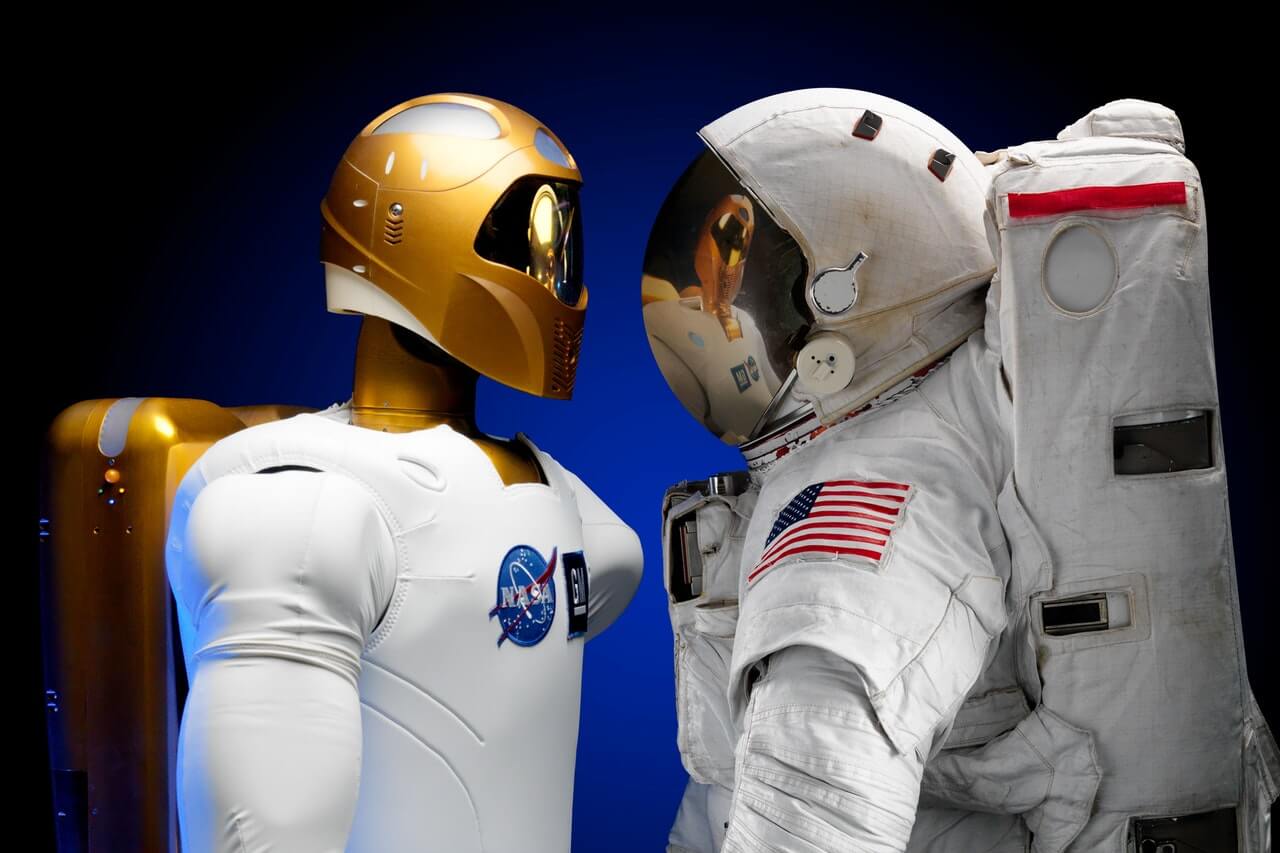「これからは英語が絶対必要」「プログラミングが分かる人間にならなきゃ」・・・
それって本当でしょうか?
教育には様々なブームがあります。
その中には教育をビジネスにしている企業が作り出したものが多く含まれています。
そうした一過性のブームに惑わされず、未来の社会で必要とされる「何か」を子供たち自身から引き出すことが、これからの教育に求められることだと私自身は考えています。
さて、その「何か」について考える上で、参考になる記事を本日はシェアさせて頂きます。『サピエンス全史』『ホモ・デウス』で世界的に高い評価を受けるユヴァル・ノア・ハラリ氏の記事です。
英文は下記サイトより抜粋引用・翻訳は岡住による意訳
https://www.wired.co.uk/article/yuval-noah-harari-extract-21-lessons-for-the-21st-century
At present, too many schools focus on cramming information. In the past this made sense, because information was scarce, and even the slow trickle of existing information was repeatedly blocked by censorship.
現在、あまりに多くの学校が生徒に情報を詰め込むことに偏重している。それは、情報が少なかった過去においては有意義であった。
In contrast, in the 21st century we are flooded by enormous amounts of information, and even the censors don’t try to block it. Instead, they are busy spreading misinformation or distracting us with irrelevancies.
それに対して、21世紀において私たちは膨大な情報に飲み込まれてしまっている。検閲がない代わりに、偽物の情報が与えられ、重要でない情報に気を逸らされている。
In such a world, the last thing a teacher needs to give her pupils is more information. They already have far too much of it. Instead, people need the ability to make sense of information, to tell the difference between what is important and what is unimportant, and above all to combine many bits of information into a broad picture of the world.
そんな世界において教師がすべきことは、生徒に情報を与えることではない。
情報を正しく理解する能力、重要なものとそうでないものを区別する能力、何よりも多くの細かい情報を元に世界の全体像を把握する能力だ。
Besides information, most schools also focus too much on providing pupils with a set of predetermined skills such as solving differential equations, writing computer code in C++, identifying chemicals in a test tube or conversing in Chinese. Yet since we have no idea how the world and the job market will look in 2050, we don’t really know what particular skills people will need. We might invest a lot of effort teaching kids how to write in C++ or how to speak Chinese, only to discover that by 2050 AI can code software far better than humans, and a new Google Translate app enables you to conduct a conversation in almost flawless Mandarin, Cantonese or Hakka, even though you only know how to say “Ni hao”.
また、学校は生徒に特定のスキルを習得させることに注力し過ぎている。方程式を解いたり、プログラミング言語を覚えたり、化学物質を特定したり、中国語を話したり…けれども、2050年の労働市場がどうなっているか分からない以上、どのスキルを習得すべきかは、誰にも分からない。そうしたものに投資しても、2050年にはAIがコーディングをして、新しいGoogleのアプリケーションが中国語を流暢に翻訳しているかもしれない。
So what should we be teaching? Many pedagogical experts argue that schools should switch to teaching “the four Cs” – critical thinking, communication, collaboration and creativity. More broadly, schools should downplay technical skills and emphasise general-purpose life skills. Most important of all will be the ability to deal with change, to learn new things and to preserve your mental balance in unfamiliar situations. In order to keep up with the world of 2050, you will need not merely to invent new ideas and products – you will above all need to reinvent yourself again and again.
それならば、私たちは何を教えたら良いのだろう?多くの教育学専門家は、「4つのC」への移行を主張している。クリティカルシンキング、コミュニケーション、コラボレーション、クリエイティビティ。もっと広く言うと、学校は技術的なスキルを控えめに扱い、多目的のライフスキルに力を入れるべきだと。そして、最も重要な能力は、変化に対応して、新しい物事を学習して、未知の状況でも精神を安定させる能力だ。2050年の世界を生き抜くためには、単に新しいアイデアや製品を生み出すだけではなく、自分自身を幾度となく再生する必要がある。
変化の速度が人類史上最速となる21世紀において、
古い価値観と現在に固執して、教育を行うことの危うさが示されています。
未来に必要とされる「4つのC」を育てるための教育のあり方を模索したいと思います。
